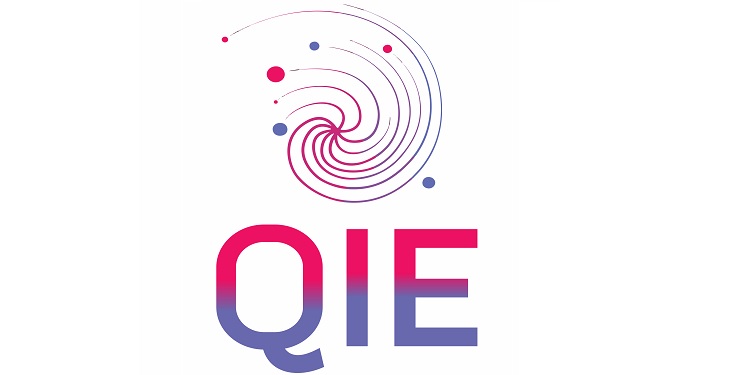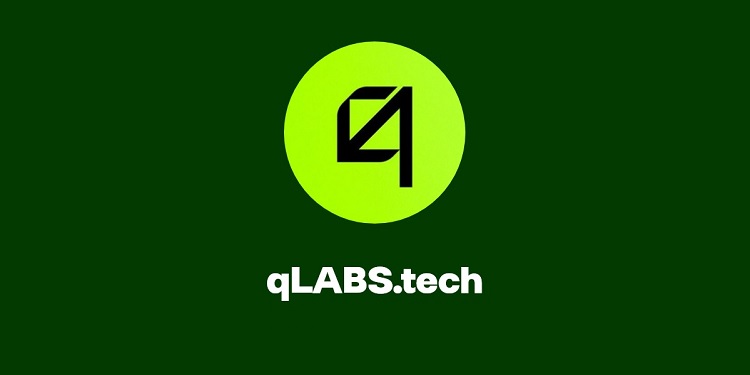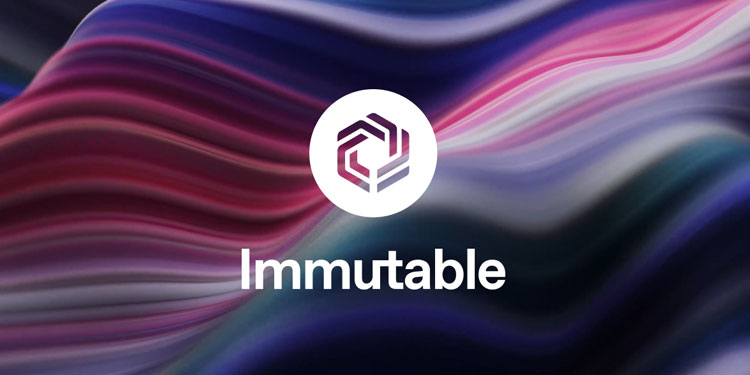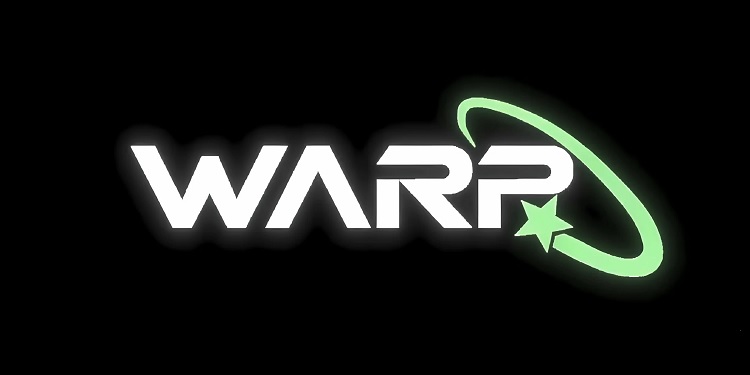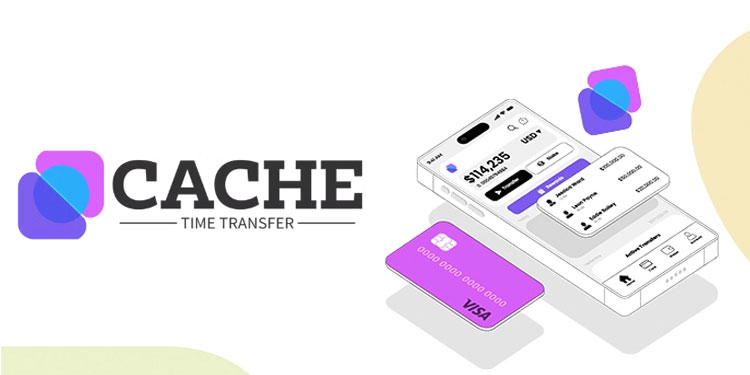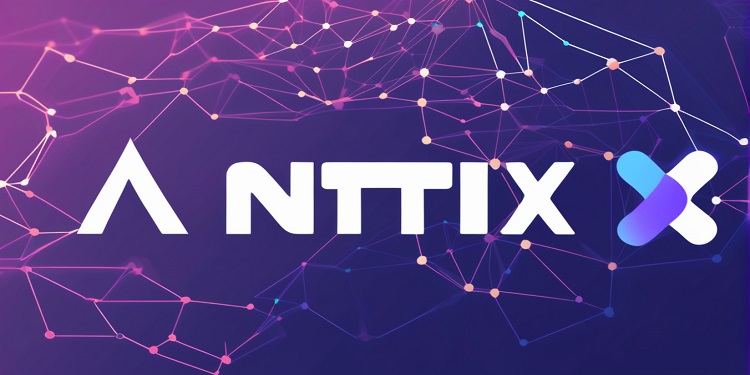Meta Earth has introduced a pioneering initiative to address growing global inequality and the challenges posed by rapid automation. The company revealed its decentralized, self-sustaining Unconditional Basic Income (UBI) system during the Token2049 Conference in Dubai. This initiative is built on a modular blockchain infrastructure and powered by advanced Decentralized Identity (DID) technologies, marking a significant step toward redefining economic inclusion in a digital era.
The UBI model presented by Meta Earth is positioned as a direct response to economic disparities, workforce disruptions, and wealth concentration caused by artificial intelligence and automation. The project seeks to establish a new digital economic framework where participation and benefit are extended to all individuals, regardless of location or socio-economic background.
Central to the initiative is the ME Network, a high-throughput, modular blockchain designed for scalable and affordable Web3 applications. By dividing core operations into independent modules, ME Network achieves fast transaction processing, minimal gas fees, and robust cross-chain compatibility. These features are intended to support a global network of decentralized applications and services that function without centralized oversight.
Complementing this infrastructure is the ME ID system, which enables users to establish verified digital identities. Participants can access the ME Pass application, complete Know-Your-Customer (KYC) procedures, and receive an encrypted identity secured by technologies such as Fully Homomorphic Encryption (FHE) and Zero-Knowledge Proofs (ZK). Following identity verification, users receive one permanently staked MEC token. Although this token cannot be withdrawn, it produces a daily yield, effectively serving as a blockchain-native form of basic income.
The platform’s design aims to eliminate dependency on government subsidies or charitable funding. Instead, it creates a decentralized economic structure where income generation is directly tied to user participation and the health of the network. Meta Earth’s tokenomics include a total MEC supply of 20 billion tokens, with half permanently staked to support UBI and the other half released through a halving-based staking model. This structure is intended to maintain economic sustainability while incentivizing long-term engagement.
Users within the ecosystem are also encouraged to participate in governance, interact with applications, and promote network adoption. These activities offer opportunities for additional rewards and help reinforce a self-sustaining loop of value creation and distribution. By integrating verified identity, modular design, and token incentives, Meta Earth envisions a functioning digital society with practical applications in commerce, finance, entertainment, and social interaction.
The founder of Meta Earth, who previously served in senior roles within traditional finance, indicated that the platform emerged from a deep awareness of systemic barriers in wealth access. The initiative, according to him, represents a commitment to dismantling those obstacles and enabling digital equity. He emphasized that the infrastructure supports a form of income that is both transparent and participant-driven, with the aim of promoting global economic resilience.
The leadership also expressed confidence in the model’s scalability, security, and relevance in a rapidly changing technological landscape. They framed Meta Earth not merely as a token distribution platform, but as the foundation of a broader, decentralized economy capable of empowering individuals worldwide.
As global societies face accelerating automation and shifting labor dynamics, Meta Earth’s proposition raises an essential consideration: whether technology will deepen existing divides or help bridge them. The company has signaled its commitment to the latter, positioning its decentralized UBI infrastructure as a tool for inclusive economic dignity and opportunity on a global scale.


